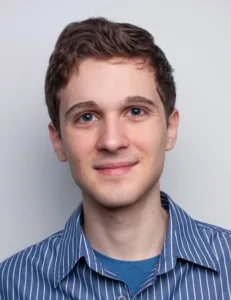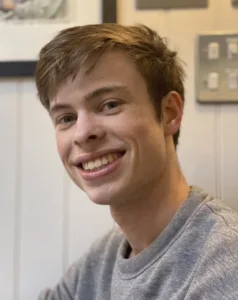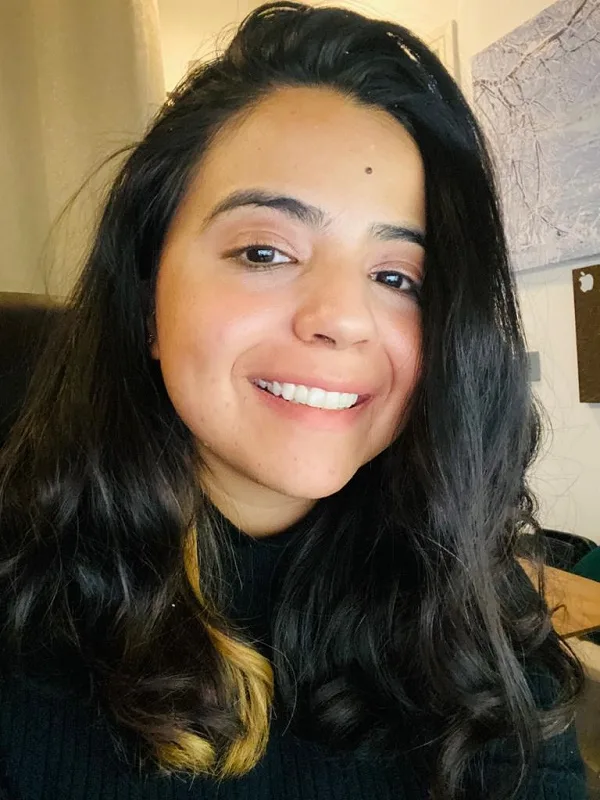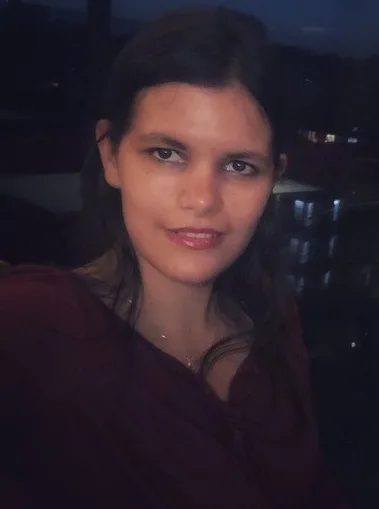G-Research is committed to supporting early careers researchers in Maths and Data Science across the UK, Europe and beyond.
To that end, we run a series of PhD prizes every year where researchers at some of the world’s leading academic institutions are invited to submit PhD draft dissertations for the chance to win up to £10,000.
What the judges had to say
Our PhD prizes are run in partnership with the academic institution, and it is their panel of expert judges that decide on the eventual winners.
Rajen Shah, Professor of Statistics and G-Research prize judge, said:
“The quality of the submissions this year in particular was very high, with the material in high scoring entries of comparable calibre to papers in the very top journals or other venues of their respective fields.
“Within submissions, we were looking for a high level of innovation and potential for impact, either in practical applications and industry, or within academia. Any relevance to the analysis of financial data or decision-making is looked on favourably, but is certainly not essential, with the primary criterion being novelty.”
This was reflected in the awarding of commendations for two other entrants as well.
University of Cambridge PhD prize winners 2023
We’re thrilled to announce the winners of this year’s University of Cambridge PhD prize:
Joint first place prize winner – Barnabas Janzer
Receives £8,000

“I am a final-year PhD student studying Mathematics at the University of Cambridge. Most of my research focuses on extremal problems for graphs (and hypergraphs); optimising some properties of networks that satisfy certain restrictions.
“This generous prize by G-Research helps me continue my research on Extremal Combinatorics, and also provides very positive and motivating feedback on my work.”
Joint first place prize winner – Elliott Young
Receives £8,000

“I am a PhD student at the Statistics Laboratory at the University of Cambridge and my current research focuses on semi and non-parametric inference, with a focus on new theoretical underpinnings that apply to real-world problems and data.
“My interests also span causal inference, robust statistics, statistical learning theory and high dimensional statistics.
“My first paper takes a fresh perspective on analysing grouped data in semiparametric settings. I look at the intricacies of how existing classical methods for modelling the interdependencies in data can exhibit suboptimal behaviour in real-world scenarios by resting too heavily on certain (likely untrue) model assumptions. To address this, I propose a robust methodology that utilises nonparametric and machine learning methods, providing an optimal alternative.”
Highly commended – Vidhi Lalchand
Receives £1,000

“Functions describe the world. My research looks at modelling functions through the lens of probability, more specifically using Gaussian processes.
“While this is a classical paradigm, my focus is on reinvigorating GP models with a view to making them more adaptive, automatic and expressive; taking away the onus a bit more from human design and letting the data speak for itself.
“My thesis looks at several approaches on how exactly one can go about doing this.”
Highly commended – Andjela Sarkovic
Receives £1,000

“I am currently researching the subject of mixing times of Markov chains, which is a branch of Probability that examines the rate at which Markov chains converge to their invariant distribution.
“Some Markov chains exhibit a peculiar behaviour known as the cut-off phenomenon, where they take a considerable amount of time to start approaching their invariant distribution, but then suddenly mix completely within a short time frame.
“My objective is to uncover additional insights into the sufficient conditions that may imply the presence of a cut-off phenomenon in general.
“In order to support my future research, I plan to use the G-research PhD prize to help cover the expenses associated with research visits.”
Congratulations to all of our winners!
Interested in finding funding for your research?
Alongside our PhD prizes in maths and data science, G-Research runs a monthly grant for early careers researchers, where you can receive up to £2,000 in funding.
